
Summer Fellowship
Hudson Institute Political Studies offers a fellowship in political theory and practice to outstanding undergraduates and recent graduates that will broaden and deepen their understanding of public policy and American political principles. It combines the rigorous study of politics and political thought in a seminar setting, with policy workshops led by think tank scholars and experienced government officials, and also a distinguished speaker series of exemplary figures from public life.
ApplyProgram Overview
This program includes four components:
Rigorous seminars led by master teachers on topics in political theory and public policy.
A series of policy workshops led by policy analysts and experienced government officials.
A distinguished speaker series where national leaders from government, business, journalism, the military, and the academy provide unmatched insight into the true nature of public service and the country’s most pressing issues.
A series of outings and events, where students travel to places of national and historical interest in order to view politics through other lenses.
Seminars
Meeting weekday mornings from 9 am – 12 pm
These rigorous seminars led by master teachers on week-long topics in political theory and public policy form the core of the program. Following careful reading of classic texts in political thought and policy analyses on selected topics, students engage in serious discussions every weekday morning for three hours.
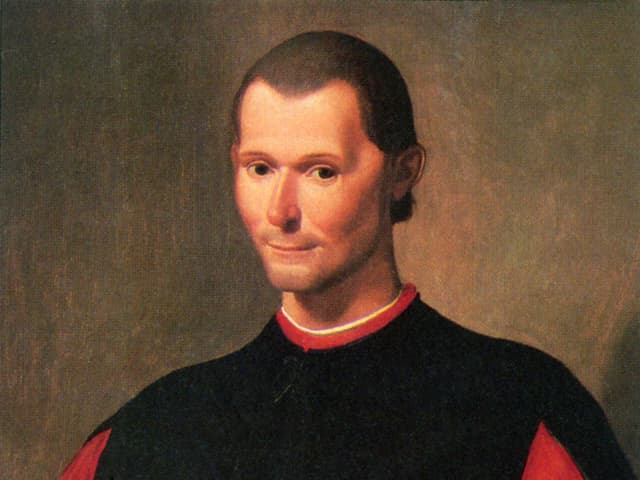
Political Foundings
June 16-20, 2025 at Washington D.C.
With Mark Blitz, Timothy W. Burns, Susan Collins, and Adam Thomas
Political philosophy is, fundamentally, a discussion about the best regime. Therefore we begin with an investigation into political foundings. We read two dramatically different texts —one that takes as its bearing man’s inclination to act malevolently, and another that attempts to found a city in a quest to understand justice. Reading The Prince, we inquire into Machiavelli’s innovations, and ask if his political science looks similar to our own. We also begin Plato’s Republic, which we will read throughout the program, to see what is needed to form a just city.
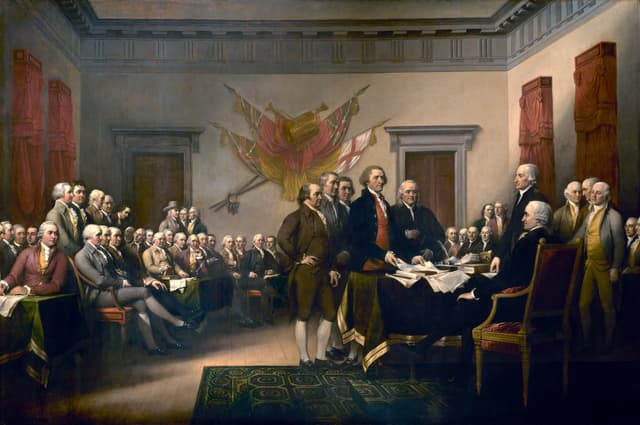
The American Founding
June 23-June 27, 2025 at Washington D.C.
With Keegan Callanan, J. Michael Hoffpauir, Diana Schaub, and Dana Stauffer
Having discussed political foundings broadly in the first week’s seminar, we turn to a particular founding. We read America’s key founding documents, and consider—in comparison with Machiavelli’s teachings and Socratic philosophy—the political justifications made by the Founders of the regime that promise life, liberty, and the pursuit of happiness. We examine whether the American regime at its founding was informed by an understanding of justice, both for individuals and the political community, or whether the Founders were more concerned with uniting a multiplicity of “particular interests” into a stable and strong country.
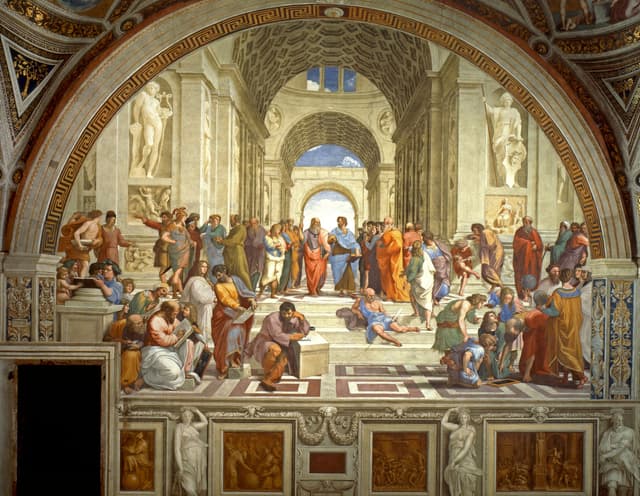
The Ideal Republic
June 30-July 4, 2025 at Washington D.C.
With Charles T. Rubin, Devin Stauffer, Linda Rabieh, and Paul Wilford
In the third week, we return to Plato, with an assessment of the American regime in hand, to develop our understanding of justice and political life. In the Republic, Socrates constructs a “best city in speech” in order to understand justice in the human soul. Why does he approach political founding through the framework of justice in the soul? Tracing the evolution of the model of the city through its progressive stages, we will examine how it leads to a political class structure and corresponding structure of the soul. We will inquire, finally, into the status of this city as a way to understand justice: is it meant to be a blueprint for political life, or on the contrary, a display of the psychology of political idealism and its dangers? What can we learn from Socrates’s founding of a regime in speech about actual political founding?
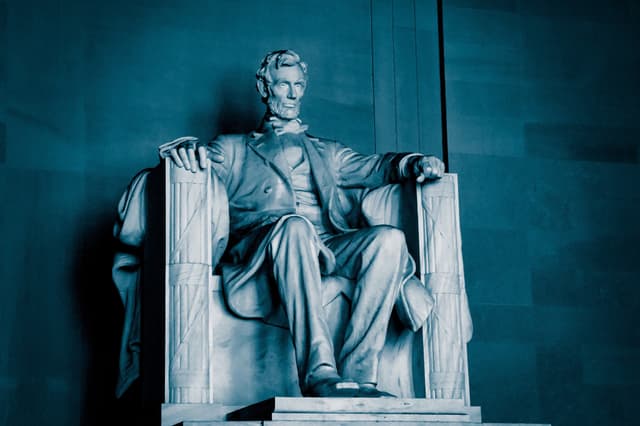
The American Refounding
July 7-July 11, 2025 at Washington D.C.
With Fred Baumann, Murray Dry, and Mike Hawley
Machiavelli proposed the necessity of re-founding political regimes—as a means of putting off the inevitable death which comes to all things. We examine America’s near death—the nation “conceived in liberty, and dedicated to the proposition that all men are created equal” but crippled by the original sin of slavery, which precipitated a great Civil War. We look closely at the leadership of Abraham Lincoln and investigate the re-founding of America achieved through Emancipation—was it even a re-founding or instead a second American Revolution? Did Lincoln achieve the full promise of America’s founding ideals?
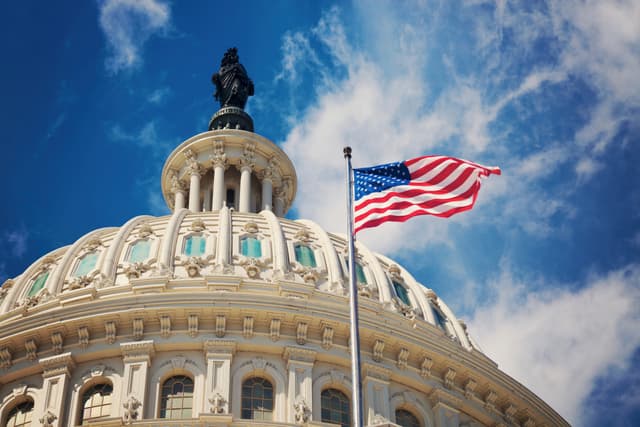
American Public Policy
July 14-July 18, 2025 at Washington D.C.
With Charles T. Rubin, John Sawicki, John P. Walters, Michael Doran, Peter Campbell, and Peter Rough
We examine both American domestic and foreign policy with a view to discussing America’s most pressing problems.
In our domestic policy section half of the students consider man in the age of technology, in order to understand the relationship between human beings, technological progress and government. These studies conclude with an examination of technology legislation as a case study. The other half of our students delve into criminal justice reform and the policies of law and order. These studies conclude with a policy simulation that asks students to devise legislation on criminal justice reform.
Our foreign policy section is similarly divided. A third of our students looks at American policy in the Asia-Pacific, another third studies Trans-Atlantic Relations in a globalized world, while the last third considers military strategy. All three sections engage in a policy simulation as a capstone to their studies. Students are assigned a point of view or office such as Secretary of State or member of the Armed Services Committee, as well as a scenario to which they must respond. On Friday, they present their recommendations, debate, and decide on a course of action.
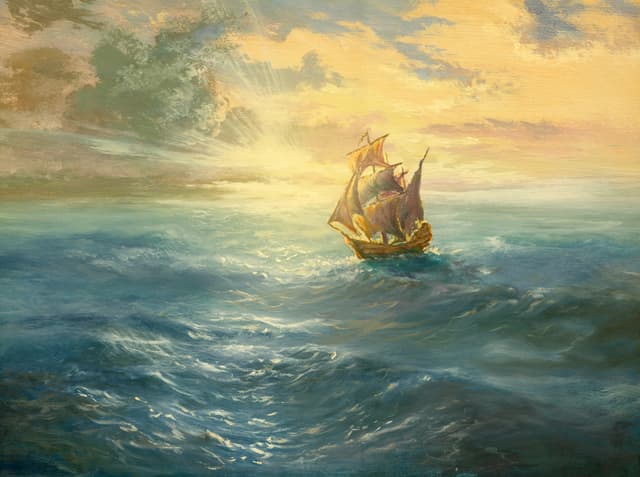
Beyond Politics
July 21-July 25, 2025 at Washington D.C.
With Janet A. Dougherty, Frank N. Pagano, James Carey, and Rachel Mackey
No consideration of politics, republican or otherwise, can be complete without an examination of the limits of politics and a serious consideration of those aspects of human life which conflict with, or offer alternatives to, the political life. In this, the last week of the program, we examine political foundings in relation to religion and literature, and consider the possibility that the best regime is one not realizable on earth, but rather imagined by human minds or created by a divine being. We further consider how religion and literature, which one might say are not overtly political, inform human life in this world and the next.
